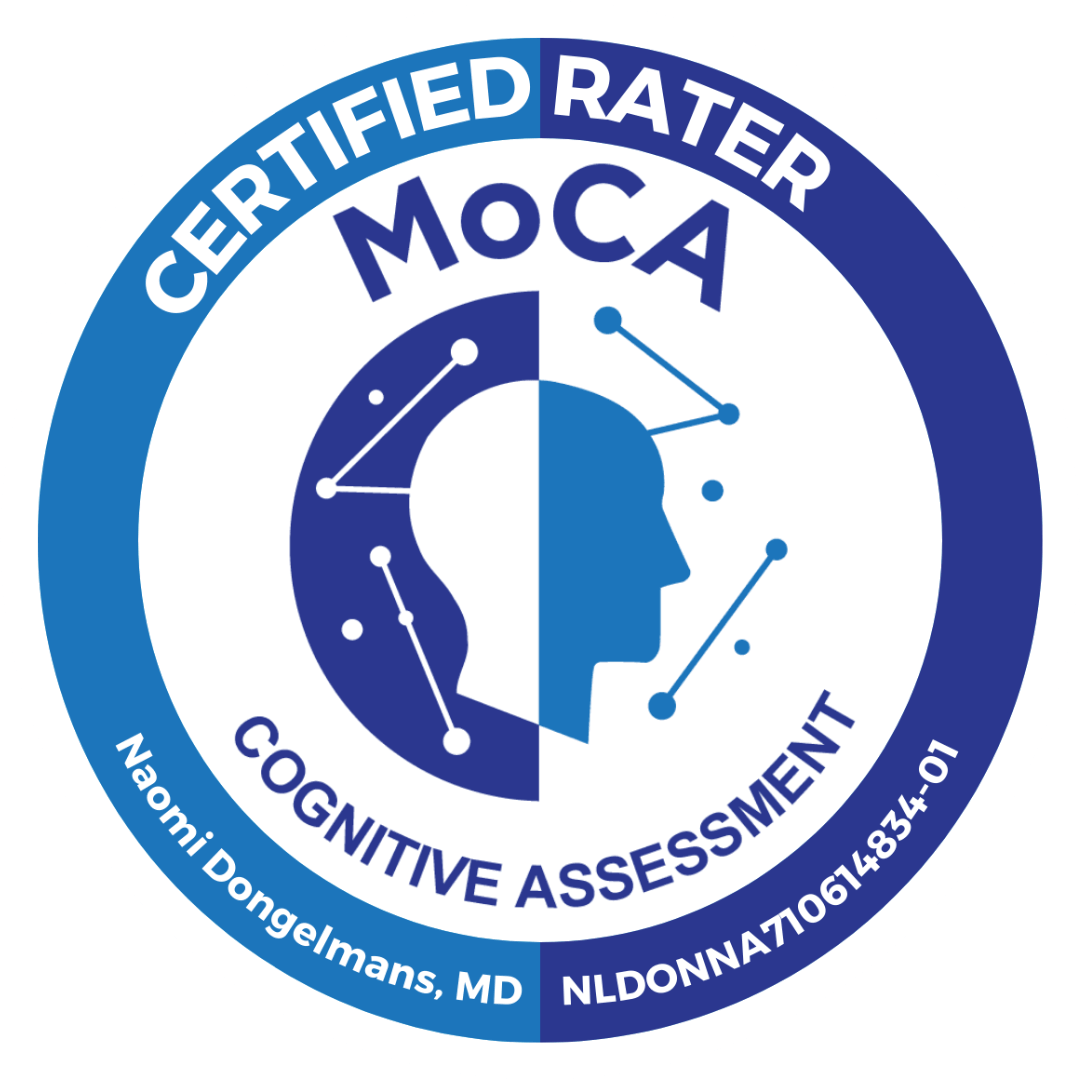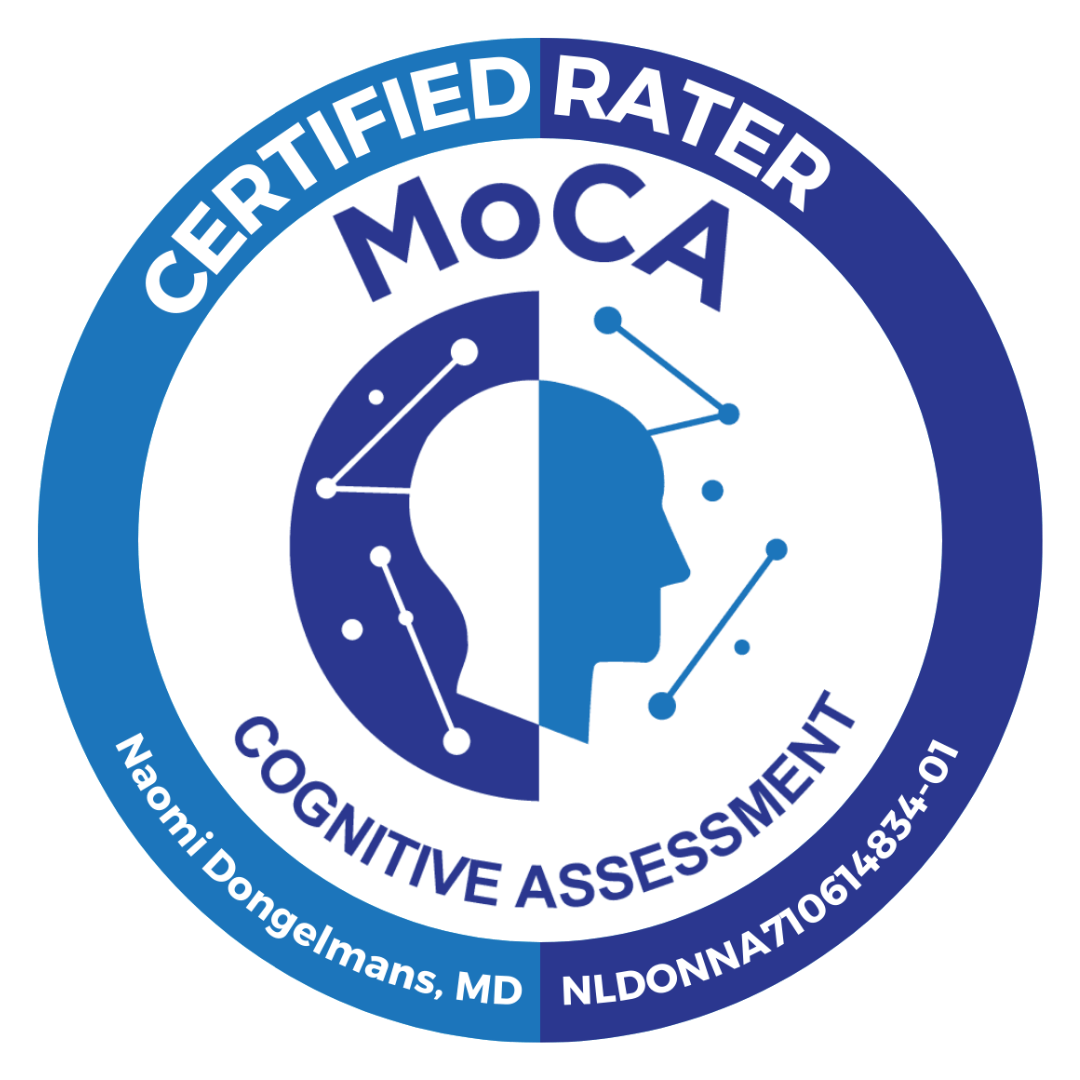
Stress doesn’t just affect your brain; it has an equally deep impact on all body parts. Whenever a person is stressed, several changes happen in their normal body functions. For many people, one of these changes includes issues with the proper digestion of meals. For example, some people start having constipation due to stress, while others complain about loose stools. Whatever the cause of your stress, it can ruin your body's digestive functions.
The Link Between Stress and Digestion
You must be curious to know how stress is linked with digestion as both involve two different body parts. Stress is linked to the brain, while digestive issues are linked to your digestive tract and stomach. However, according to research, our stomach and digestive tract have something similar to our autonomic nervous system. This similar nervous system is now named the enteric nervous system and can be triggered by stress hormones.
When stress hormones are released in our brain when we are anxious, they flow into the bloodstream and reach the enteric nervous system. Upon entering the enteric nervous system, they start to send signals to the stomach and intestines to contract or relax unusually. When this happens, it becomes difficult for the food inside the stomach to digest completely. In the same way, the intestines fail to manage the regular bowel movements as they were doing before. As a result, a person either gets loose stools or constipation, or gets diagnosed with IBS (Irritable Bowel Syndrome). Before, IBS was mainly associated with nothing related to anything bad, like there was no ulcerative colitis or Crohn’s disease. You just have to deal with it. We now know that people with IBS have more inflammation in their bowels caused by stress or an unhealthy lifestyle. So the treatment should focus on that and not just “there is nothing wrong with your intestines, so just live with it”.
People with prolonged stress are usually more prone to digestion issues that can flare up at any stress-filled moment. Prolonged issues with digestion can negatively impact your health and wellbeing. Therefore, you must take measures to manage your stress and digestive health. Here are some tips you should follow whenever you are under stress.

How to Control Digestive Issues When You are Under Stress
Stress is a condition that we keep facing on and off, but can’t say goodbye to forever. Although we can manage our stress effectively, it is also important to learn to protect our well-being whenever stress hits us. Therefore, by following some of these simple tips, you can save your digestive system from the effects of stress.
‣ Focus on healthy eating
It is important to focus on healthy eating, such as eating lots of vegetables and fruits, because they are nutrient-dense and provide energy to our bodies. Your body will also get the required nutrition to fight the stress agents, and a healthy diet is easily digestible.
‣ Eat-in smaller portions
Eating in smaller portions is the best strategy to protect you from digestive issues when you are under stress. You won’t overburden your digestive system, and it will be easier for your stomach to effectively digest the smaller food portions without creating any digestion issues.
‣ Increase your physical activity
An increase in physical activity will result in improving your digestion and managing your stress level. Go for a walk, exercise at the gym, or perform any physical activity that keeps you active and makes you happy (mine is dancing, for example). This is the best way to avoid digestion issues such as IBS, loose stools, diarrhea, constipation, and stress.
‣ Drink lots of water
Drinking lots of water helps flush out the toxin compounds in our body and improves blood flow. As a result, our organs receive a good supply of clean and oxygenated blood to perform their functions properly.
‣ Intermittent fasting
Intermittent fasting has many benefits based on at least two mechanisms: reducing oxidative damage and increasing cellular stress resistance. Basically, that means that it helps your body deal with stress. Fasting also triggers the process of autophagy (=”self-eating), which breaks down and recycles dysfunctional proteins and cellular debris. It’s similar to taking out the trash and cleaning up daily around the house.
How to Avoid Stress
Now that you know how to protect yourself from the adverse effects of stress, why not control the stress in the first place? To control stress, try these simple but very useful tips below.
- Practice several stress management strategies regularly, such as meditation and yoga.
- Make some necessary lifestyle changes, such as eating healthy while avoiding processed, junk, or fast food.
- Set a proper nighttime routine and get at least 6–8 hours of sound sleep every night.
- Take vitamin supplements to combat stress.
Stress deeply influences various systems and organs of our body that control our well-being. Try to manage your stress first to avoid digestive issues such as loose stools, diarrhea, constipation, or IBS. Also, learn the techniques to protect your systems from the effects of stress to enjoy good overall health. This is how you can forever enjoy a healthy, happy, and prosperous life.


















0 Comments